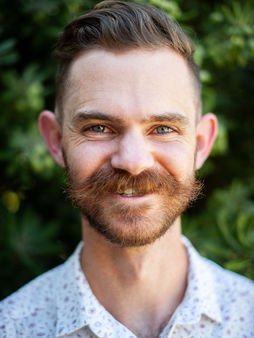top of page
Our Mission
We serve the church community in two key ways: by offering safety trainings that equip pastors in risk prevention, and by providing a network of distinctly Christian therapists, so the church can access trusted therapeutic support.

Pastors and ministry leaders are often the first to respond in a crisis, yet many don’t have the resources to do so safely and effectively.

All our therapists are carefully screened according to the American Christian Code of Ethics and have completed a thorough screening process. This ensures that the care you receive not only meets professional standards but also aligns with your faith and values.
Giving
We are a nonprofit 501(c)(3) organization, which means we rely entirely on the generous support of donors to carry out our mission. Your contributions make everything we do possible.

Every healing journey starts with one small step: reaching out. We're here to make that step easier by connecting churches with trusted therapists. Our goal is to strengthen the Body of Christ by making communities safer, expanding access to trusted care, and equipping leaders with tools for prevention and healing.
bottom of page






